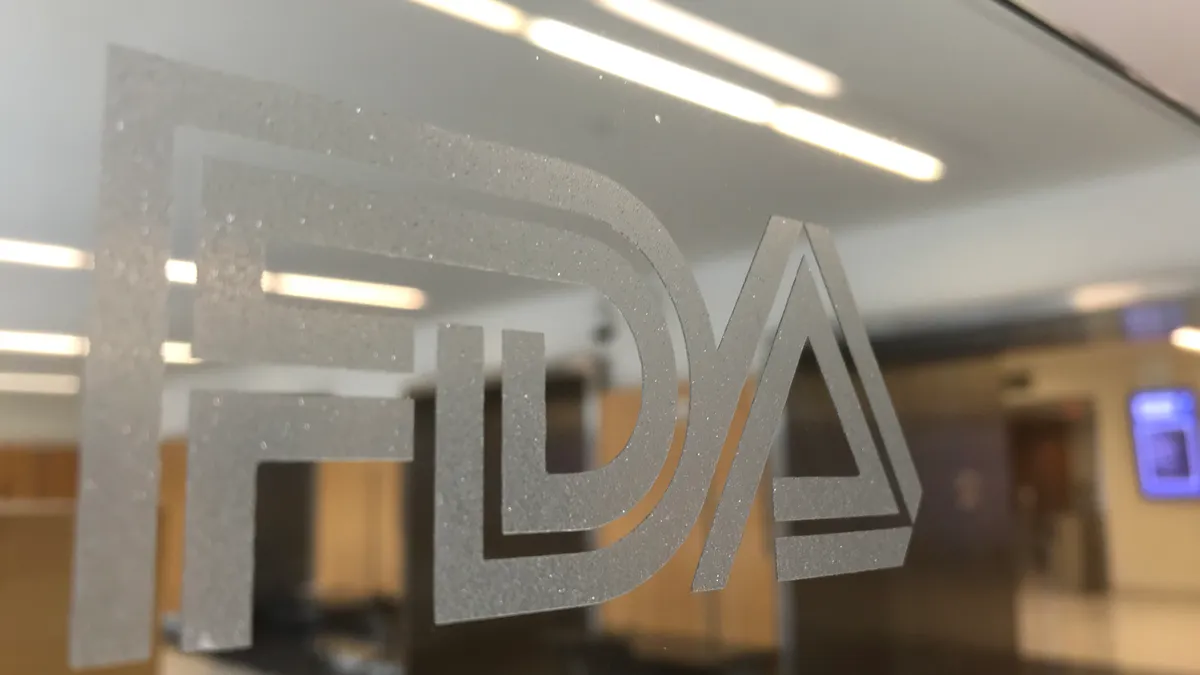Dive Brief:
- Boston-based medtech Beta Bionics said Tuesday it received priority review from FDA as part of the Breakthrough Devices Program for its iLet system, which uses mathematical dosing algorithms to automatically control blood sugar levels in people with diabetes.
- The technology, which the company calls a bionic pancreas, can be configured in three ways: for insulin-only, glucagon-only for certain rare conditions, or bihormonal use, the company said.
- Beta Bionics has said it plans to start a Phase 3 pivotal trial for the latter version of the system in 2020.
Dive Insight:
Beta Bionics’ wearable device incorporates autonomous learning to automatically control blood sugar. It is worn on the body like an insulin pump, but differs in that a patient needs only to enter his or her body weight to initialize the system, without counting carbohydrates, setting insulin delivery rates, or using bolus insulin for meals, the company said.
The company was founded in 2015 by parents of children with Type 1 diabetes. The dosing algorithms were developed at Boston University in the lab of CEO Ed Damiano and refined through results from home-use clinical trials in adults and children with Type 1 diabetes.
In recently presented data on that device, 10 Type 1 patients used the device for one week and the time in range for the insulin-only week was 71%, compared to 79% during the bihormonal period.
In July, the company announced it closed on a $63 million Series B2 financing round, bringing its total Series B and B2 financing to $126 million. It plans to use the funds to support final product development, regulatory submission and commercial launch of the iLet system.
Beta Bionics said it plans to pursue regulatory approval of the bionic pancreas system, followed by the dual-hormone system with glucagon analog that can raise blood sugar levels without the need to consume carbohydrates. The glucagon-only configuration is intended for patients with rare conditions such as congenital hyperinsulinism that can lead to chronic low blood sugar. It can be used with Copenhagen-based Zealand Pharma’s glucagon analog, called dasiglucagon.
The company intends to seek regulatory approval and commercialize all three configurations.











